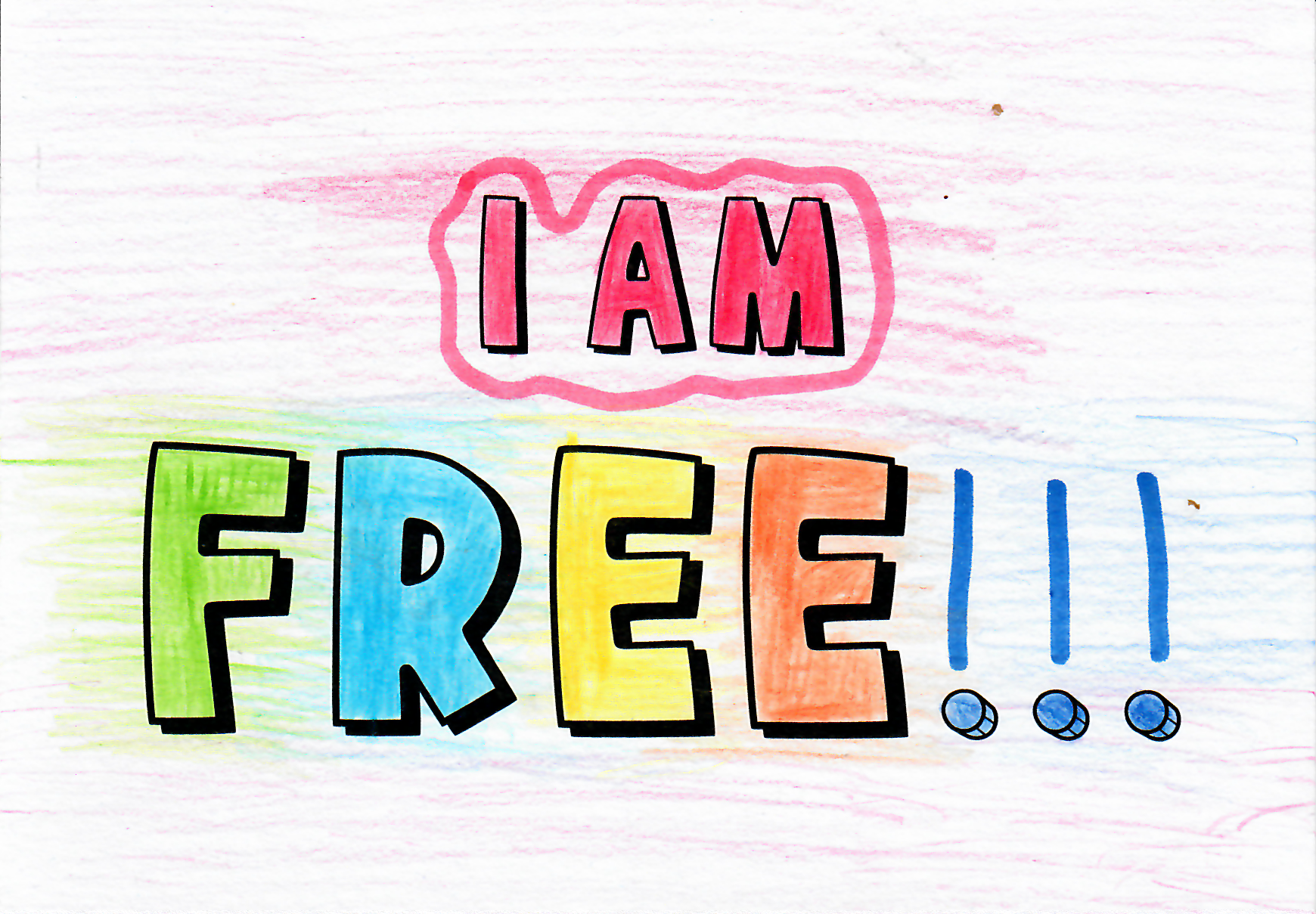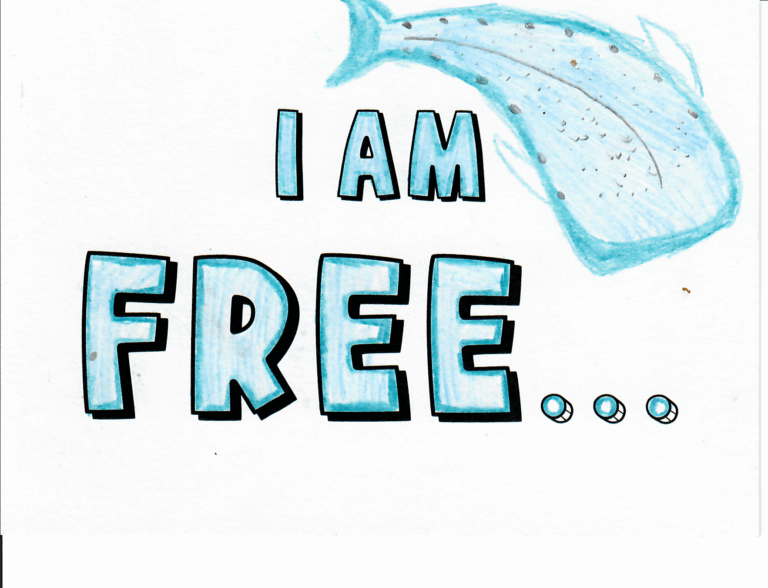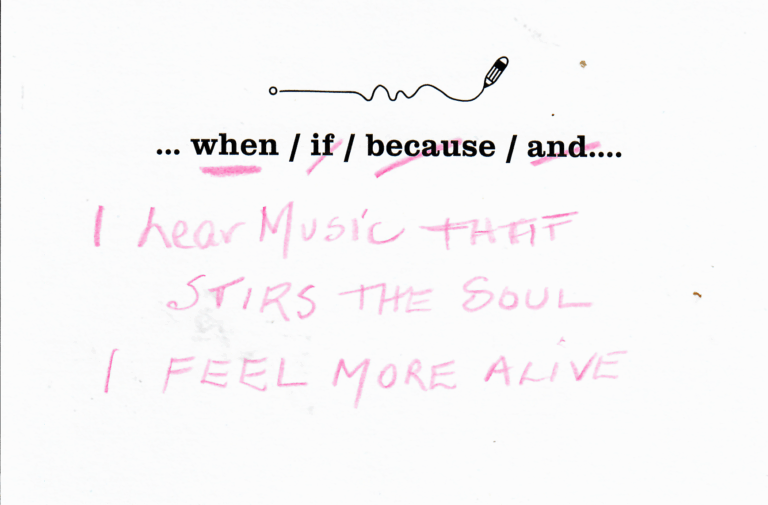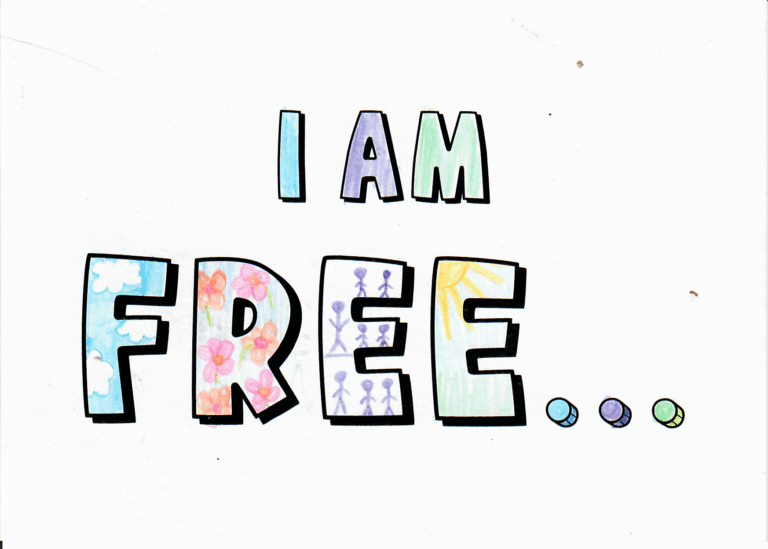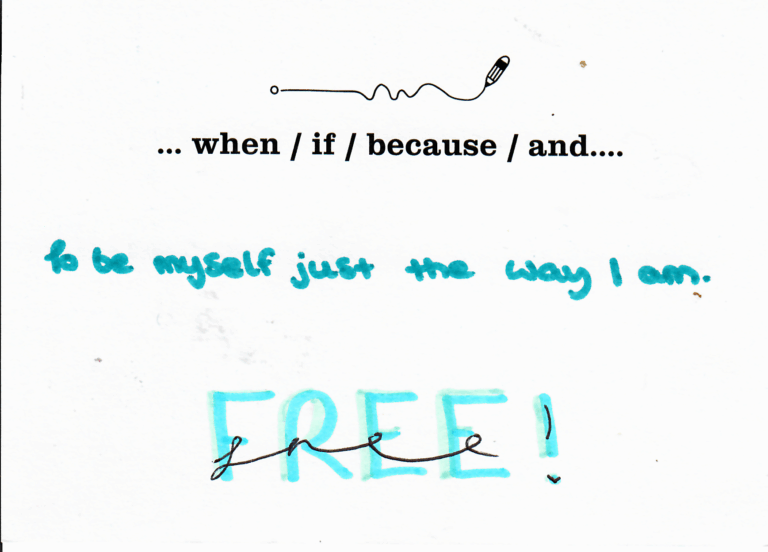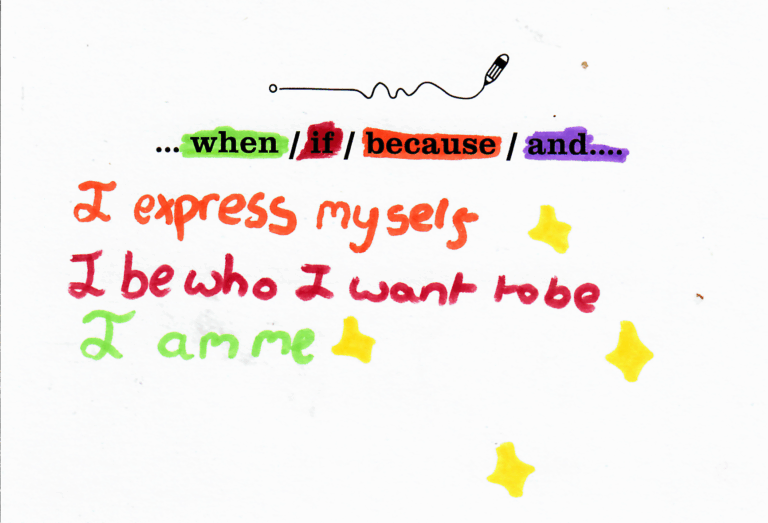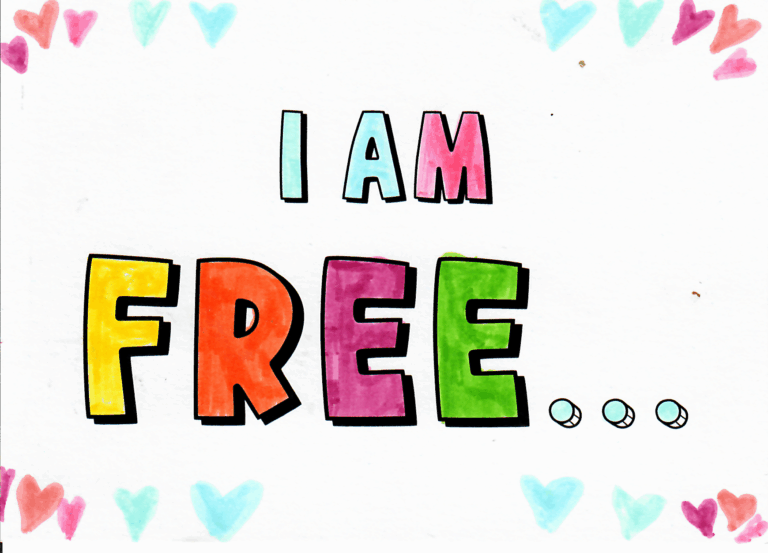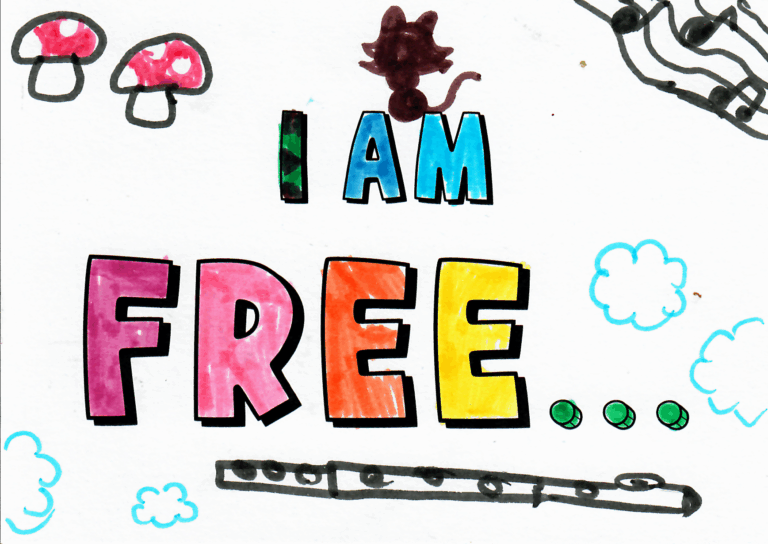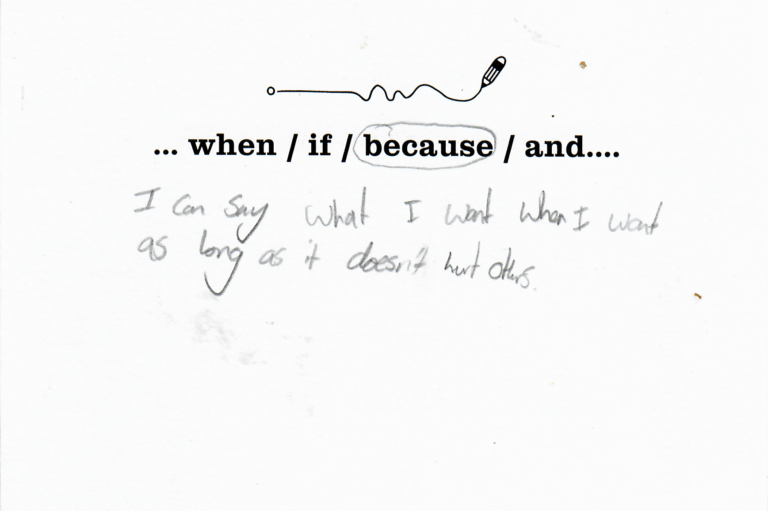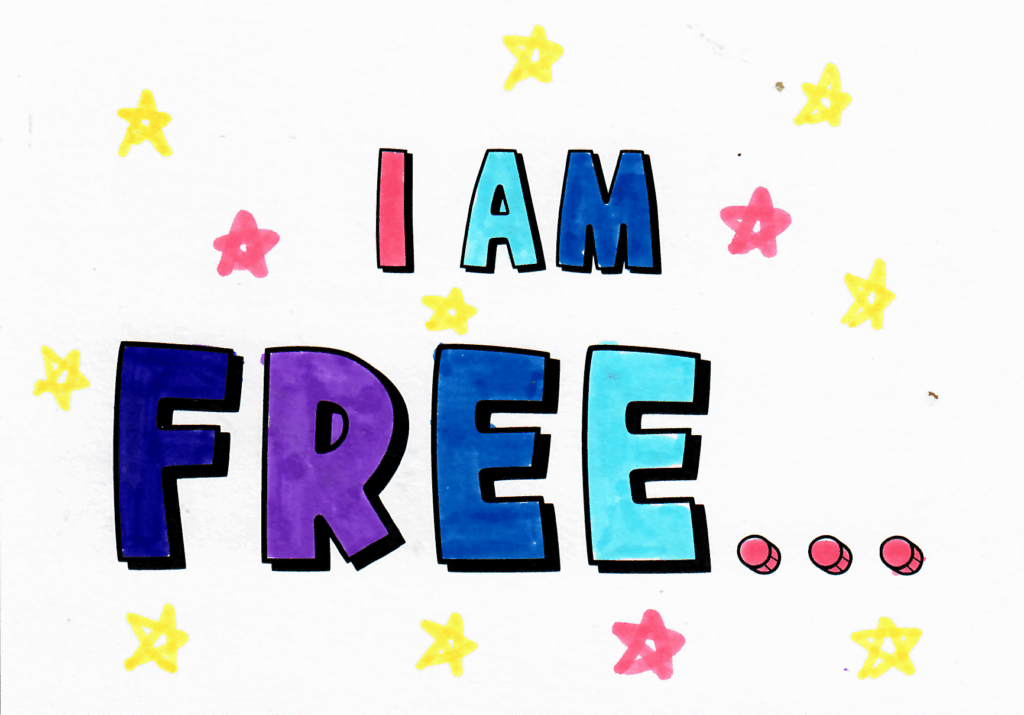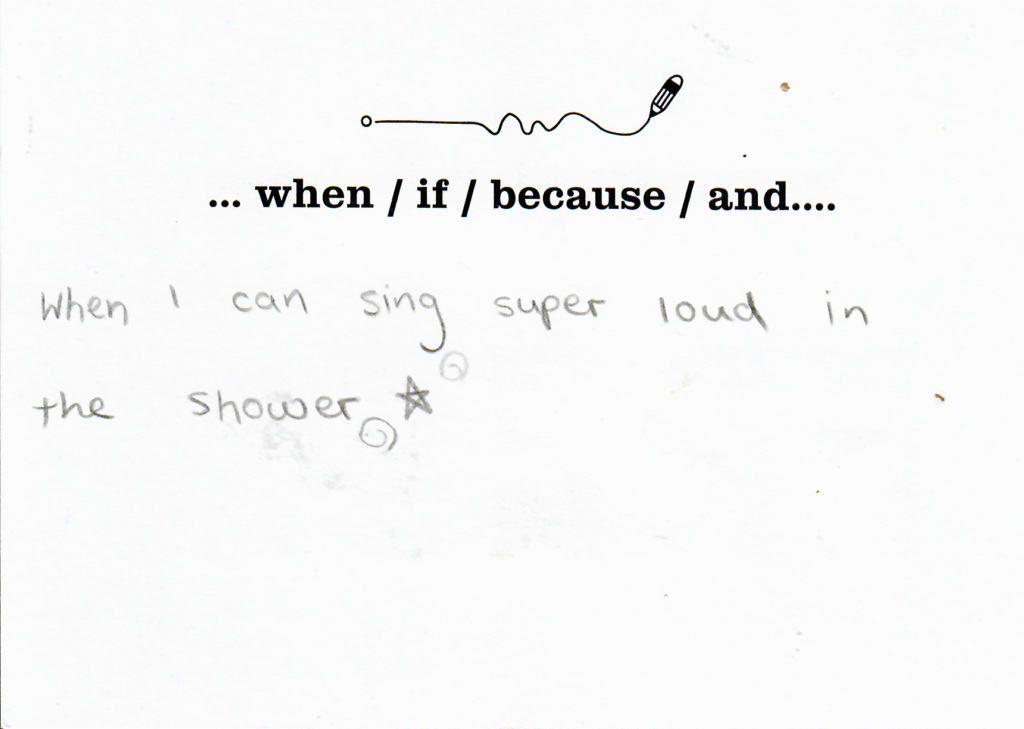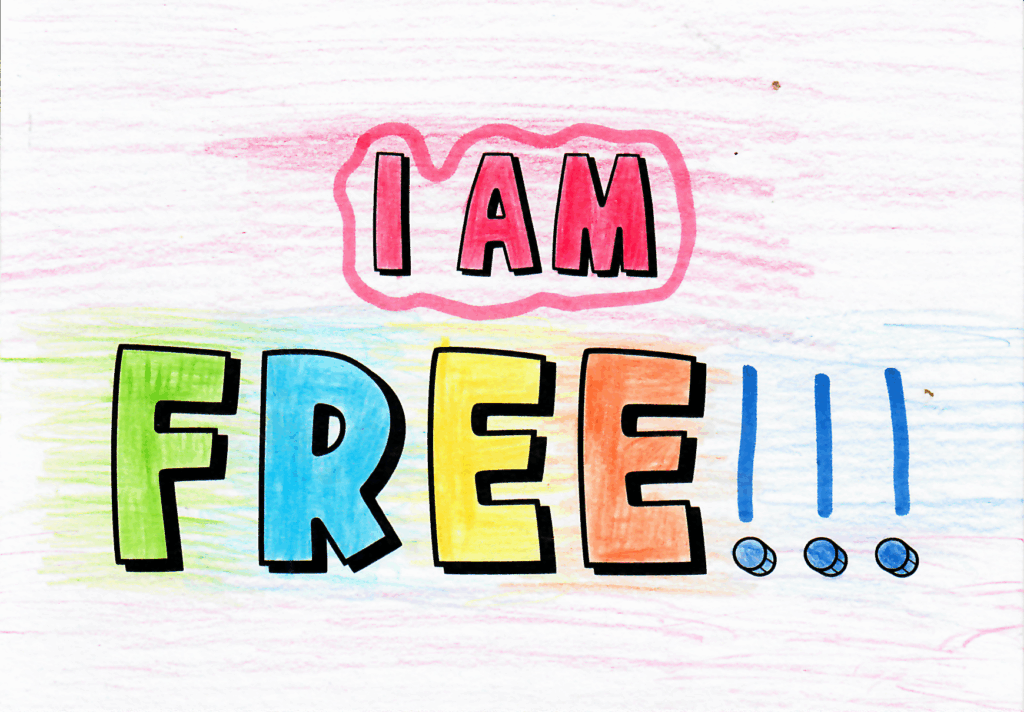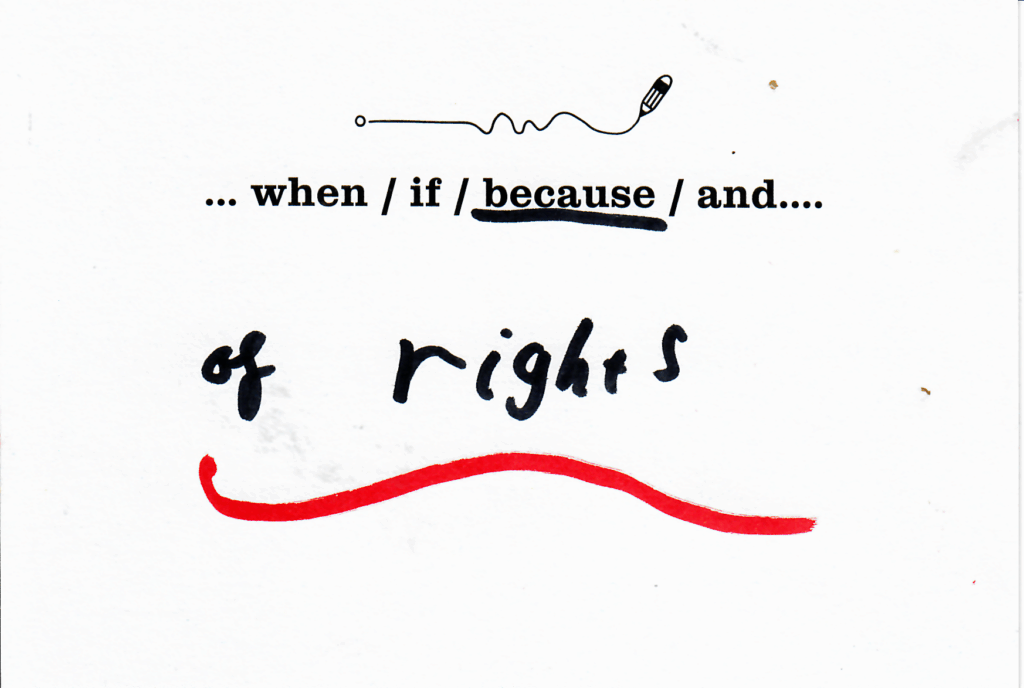In 2025, NYJO are leading a project at We Out Here Festival that celebrates the music of Township Jazz. Township Jazz, which evolved in South Africa under apartheid, is both a celebration of cultural resilience and a protest against oppression, reflecting the struggles and hopes of Black South Africans. Township Jazz represented freedom to the people who played and heard it, living under extreme restrictions.
This Summer, we’ve been asking the young people that we work with what freedom means to them:
“The power to speak free is something beyond just words. In the absence of a voice, the sounds of instruments speak through to the mind. Trumpets and horns preach and impact whilst every tear shows a note, and it’s still changing the world. Blues showed the pain and jazz broke the rules, the intricate rhythms tell a story within itself its not just hitting notes on a keyboard, its cultural, its identity. it is power. It’s a melody that helped survival. It’s a baseline that cannot be broken, I don’t think it ends there, and it can’t ever be washed out. the record is still playing even when time runs out.”
Elisha, Year 10
Alongside longer form reflections created by some of the young people that we work with in London, we also delivered workshops in secondary schools and residential centres for older adults in Dorset, where We Out Here Festival takes place. These workshops, led by NYJO Emerging Professional Benjy Sandler, gave participants the opportunity to hear, vocalise, and play Township Jazz for themselves, as well as exploring the context from which this music emerged:
“It’s important to recognise the work of South African jazz musicians in the 20th century and their place in the jazz lineage, as well as the immense hardships they faced under apartheid rule and then in political exile, which is why I’m pleased these workshops took place. More generally, it’s also vital to recognise music as a tool in the struggle for social justice; I’m glad that the workshop participants were shown that this music cannot be separated from its political message.”
Benjy Sandler, NYJO Emerging Professional Musician
At the end of the workshops, participants of all ages finished the sentence ‘I am Free’ for themselves on our specially designed postcards. This encouraged them to reflect on what freedom meant to them personally through words and imagery.
Since its formation, jazz has always been an artform that helps people channel their voice to push for change and to fight for what they believe in; it is radical in its expression, artistry and in the questions that it can help us to ask.
“I am free
To dream beyond the norm
To be myself
My truest form
I bask in the sun
I dance in the rain
I cradle my joy
And release the pain
I am free
To stumble and fall
To make mistakes
And still stand tall
I can trip
I can fail
But I am free
So, I prevail”
Maya, Year 10
Township Jazz is fully embedded within this tradition of utilising music to challenge the cultural context of the world from which it emerged. In 1986, a Riot Policeman shot seventeen-year-old Mngcini ‘Big Boy’ Mginywa from Grahamstown at a funeral because, he told the judge, the people ‘were singing in their language and this causes riots’. Music gave Black South Africans a voice to raise above the noise around them; to sing, to challenge, to speak their own language and not that of the country’s colonizers.
As we explore this music with our Emerging Professionals through the development of a new performance project, it is vital not only to understand the traditions from which Township Jazz emerged, but also to use it as a lens to consider the world as it is today. What does it mean to be free? How does freedom make us feel? Who might still not be free today, and what should we be doing about that? These are the questions that this music can help us to ask, and the answers are there for us to find for ourselves.
“I am free
No role to play
No need to shrink
Or look away
No cage, no fear
No fixed decree
I am the fire
That forged me free
I am free
Because I choose to be”
Maya, Year 10
